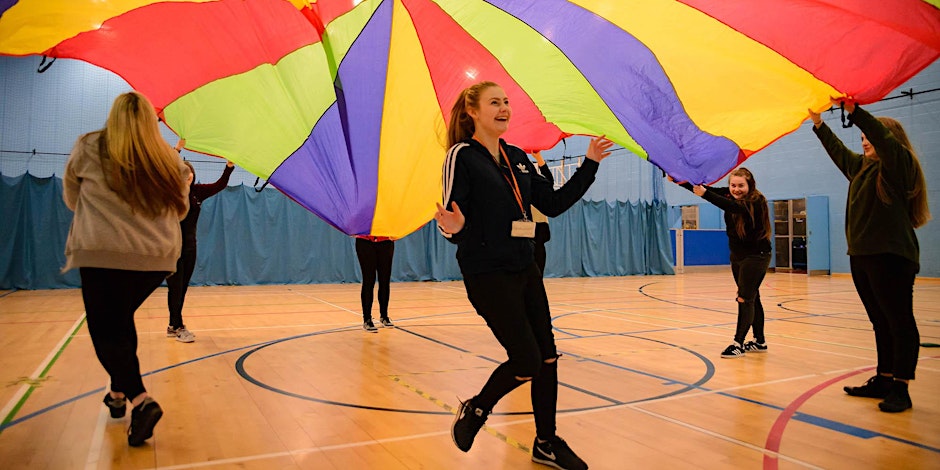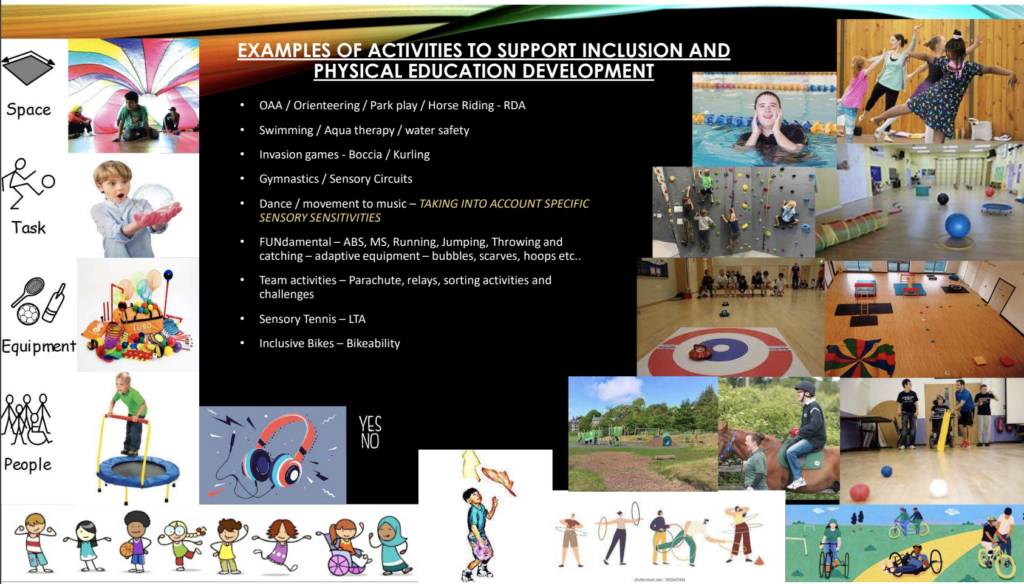
Autism Awareness Day
It’s a time when we celebrate every individual for who they are and spread awareness about the unique strengths and challenges faced by individuals on the autism spectrum.
“If they can’t learn the way we teach, we teach the way they learn.”
Quote by the late Dr. O. Ivar Lovaas, clinical psychologist.
Autism is a complex neurological condition that affects communication, social interaction, and behaviour. It is characterised by a range of symptoms and behaviours that vary in degree from person to person. Some common signs of autism include difficulty with social interaction, such as making eye contact or understanding social cues, repetitive behaviours or routines, and delayed or impaired speech and language skills.
In accordance with the World Health Organisation, about 1 in 100 children has autism. Autism care for people with autism needs to be accompanied by actions at community and societal levels for greater accessibility, inclusivity, and support.
Autism was brought to the attention of Member States and the United Nations General Assembly in 2007. In January 2008, the General Assembly adopted Resolution 62/139, which designated April 2 as World Autism Awareness Day. The subsequent observation of that Day has substantially increased international awareness of autism spectrum disorders.
In anticipation of Autism Awareness Day, Dr. Olesya Zaglada took part on March 6, 2024, in the online training “The Autistic Young Person in Physical Education and School Sport” at Eventbrite, delivered on behalf of the Youth Sport Trust, Active Cumbria, and Sandside Lodge School in partnership with Paralympic Team Great Britain.
The purpose of Physical Education is to teach and inspire people to be healthy, create lifelong participants in physical activity, and develop physical literacy.
“After four and a half years, I had my eyes opened by amazing results in PE that were achieved by a blend of planning, perseverance, and creativity. I experienced whole group enjoyment and engagement, which is so often difficult for pupils with autism.” Martin Hanbury, Head Teacher, Landgate School.
Autism is a ‘hidden condition’ meaning you can’t tell if someone is autistic from their appearance.
In accordance with the UK National Autistic Society,
– Autistic people see, hear, and feel the world differently to other people.
– Autism affects how people perceive the world and interact with others.
The main topic of the training was how to utilise the power of Physical Education and Sport to support the autistic child’s development physically, emotionally, and socially.
The content of the training included:
– An introduction to Autistic Spectrum Conditions and the areas of need from which young people display difficulties.
– Understanding processes that help regulate and enable effective participation in practical sessions.
– Reflection on the environment, tasks, and equipment.
– Strategies to ensure structure and routine within teaching and learning.
– Practical ways to build understanding, confidence, participation, and progression in inclusive Physical Education sessions.
Among other very useful information, five tips to make games fun for autistic kids were given:
- Consider their strengths.
- Play in teams.
- Answer questions in advance.
- Have multiple options.
- Let them walk away.

We appreciate the training for showing the healing power of sport for autistic children.
